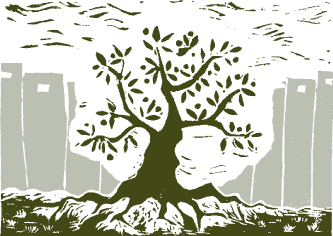Latest Tweets
“A cry of hope in the absence of all hope, a cry full of prayer and faith in a God ever vigilant, in God’s divine providence for all the inhabitants of this land.”
Kairos Palestine Document
“we Palestinian Christians need to know that we are remembered and supported by our friends in the UK. We hope you will join us in Solidarity to become our partners in the work of justice, peace and reconciliation”
Revd Naim Ateek Founder of Sabeel Jerusalem
Connect with us
Contact us
For questions and enquiries please email us at
You can also follow us on twitter: @SabeelKairos
And like us on Facebook:
About Us
Sabeel-Kairos is a small and energetic Christian UK charity committed to supporting peace and justice in the Holy Land. We are a network of individuals, organisations and communities of all backgrounds across the UK who stand in solidarity with the Palestinian people by promoting and advocating on the messages of Kairos Palestine and Sabeel Jerusalem.
The network continues the work of the Christians who issued the Iona call in 2012, and the subsequent writing of our key publication ‘Time for Action’. We seek a just and lasting peace in the region based on the realisation of full human and political rights for all.
Sabeel-Kairos is the operating name of Friends of Sabeel UK (FOSUK) Ltd, Charity number 1116817, Company Number 5595112
